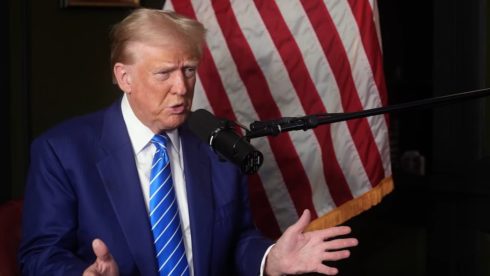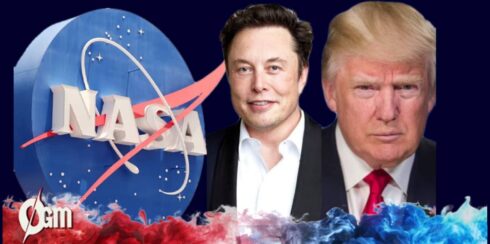President-elect Donald Trump has reignited controversy with his recent remarks about reclaiming control of the Panama Canal and acquiring Greenland. These statements echo his “America First” vision, which emphasizes US dominance in global trade and national security. However, they have raised questions about the feasibility and intentions behind such bold proclamations.
During a conservative conference in Arizona, Trump criticized Panama’s canal tolls, calling them “ridiculous” and “highly unfair.” He warned that if these fees were not reduced, he would push to regain US control over the canal, which was handed over to Panama in the 1970s. Similarly, he has renewed his interest in acquiring Greenland, citing its strategic importance for US military and economic interests, despite Denmark’s firm rejection of any sale.
Greenland: A Strategic Arctic Prize
Donald Trump’s recent remarks about Greenland underscore its importance in the context of US national security and Arctic geopolitics. Greenland is home to the Pituffik Space Base, a key American military installation, and is rich in natural resources such as rare earth minerals and oil. Its location in the Arctic Circle positions it as a vital asset for global trade and military operations, particularly as Russia expands its influence in the region.
In 2019, Trump floated the idea of purchasing Greenland during his first term, but the proposal was met with widespread criticism and a firm rejection by Denmark. Greenland’s Prime Minister Múte B. Egede reiterated this stance recently, stating, “We are not for sale and we will not be for sale.” Despite this, Trump has continued to emphasize Greenland’s importance on social media, even sharing symbolic imagery of an American flag planted on the island.
The Panama Canal: A Trade and Security Flashpoint
The Panama Canal, a critical trade route connecting the Atlantic and Pacific Oceans, has once again become a focal point in Trump’s rhetoric. He criticized Panama for allegedly overcharging US ships, arguing that the canal’s neutrality is vital for American trade and military strategy. Trump warned that allowing China to increase its influence over the canal could pose a significant national security risk.
China, the canal’s second-largest user, has invested heavily in Panama and was instrumental in the country’s 2017 decision to cut ties with Taiwan in favor of Beijing. Donald Trump’s remarks highlight his broader concerns about trade disparities and his longstanding opposition to what he perceives as unfair treatment of the US by foreign partners. However, Panama’s President José Raúl Mulino has firmly rejected Trump’s assertions, declaring that the canal “belongs to Panama and will remain so.”
Implications for Trump’s Second Term
Trump’s recent comments suggest that his “America First” agenda for his second term will extend beyond domestic policies. His approach could involve leveraging America’s economic and military might to renegotiate international agreements and assert US dominance. This tactic mirrors his first presidency, during which he used tariffs and threats of military force to influence foreign policies.
While Denmark has expressed a willingness to collaborate with Trump’s administration, it has also announced increased defense spending for Greenland, signaling its commitment to safeguarding the territory. Meanwhile, Panama’s leadership remains resolute in maintaining its sovereignty over the canal, despite the potential pressure from the US.
While these territorial acquisitions remain unlikely, the rhetoric alone has sparked significant international discussion about America’s role in global affairs.
As Trump prepares to take office on January 20, his statements about Greenland and the Panama Canal reveal a potentially more aggressive foreign policy approach that could shape global geopolitics in the years to come.














